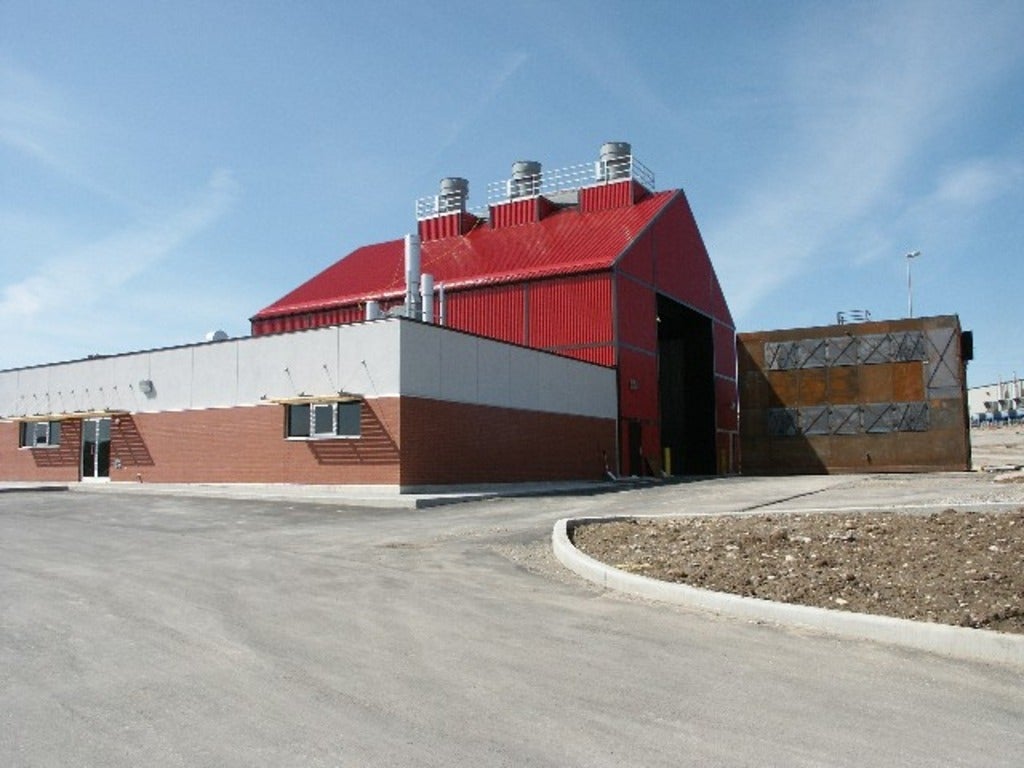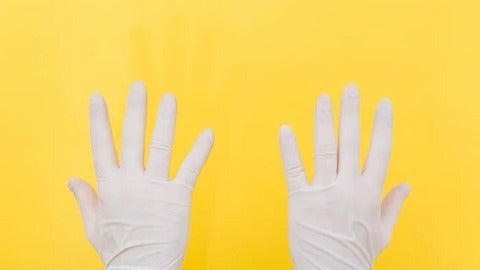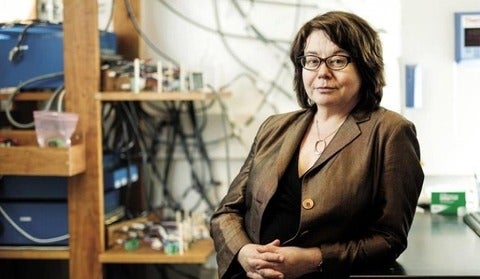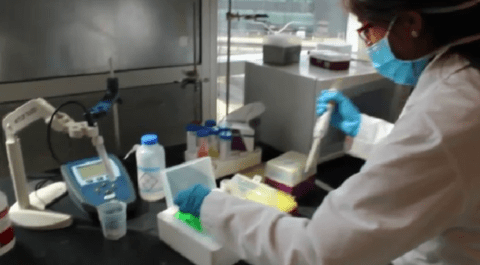COVID-19 tracing system receives provincial funding boost
The province is investing $2.5 million to accelerate the development of wearable contact tracing technology Waterloo Engineering researchers helped design.
The government’s Ontario Together Fund will provide Facedrive Inc., a Toronto-based technology company, with the funding for its TraceSCAN system that alerts users to possible exposure to COVID-19 in the workplace.




